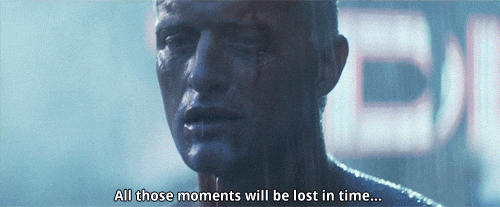The iconic science fiction film, "Blade Runner," released in 1982, has had a profound impact on our perception of technology. Directed by Ridley Scott and based on Philip K. Dick's novel Do Androids Dream of Electric Sheep?, the movie presents an eerily accurate vision of what life might be like with advanced artificial intelligence (AI) systems integrated into society.
The film's portrayal of a dystopian future where synthetic humans, or replicants, are indistinguishable from real people has sparked numerous discussions about the ethical implications and potential consequences of creating AI that can think and feel like humans. It also raises questions about our own relationship with technology - do we control it, or does it control us?
Moreover, "Blade Runner" serves as a cautionary tale for those who believe in unbridled technological progress without considering its social impact. The film's dark and gritty atmosphere reflects the fear that advanced technologies could lead to an Orwellian society where privacy is non-existent and surveillance becomes ubiquitous.
In conclusion, "Blade Runner" remains a powerful reminder of how technology can shape our world in ways we may not have anticipated or desired. Its influence continues to resonate today as we grapple with the rapid advancements in AI and other technologies, urging us to consider their implications on society and humanity itself.
